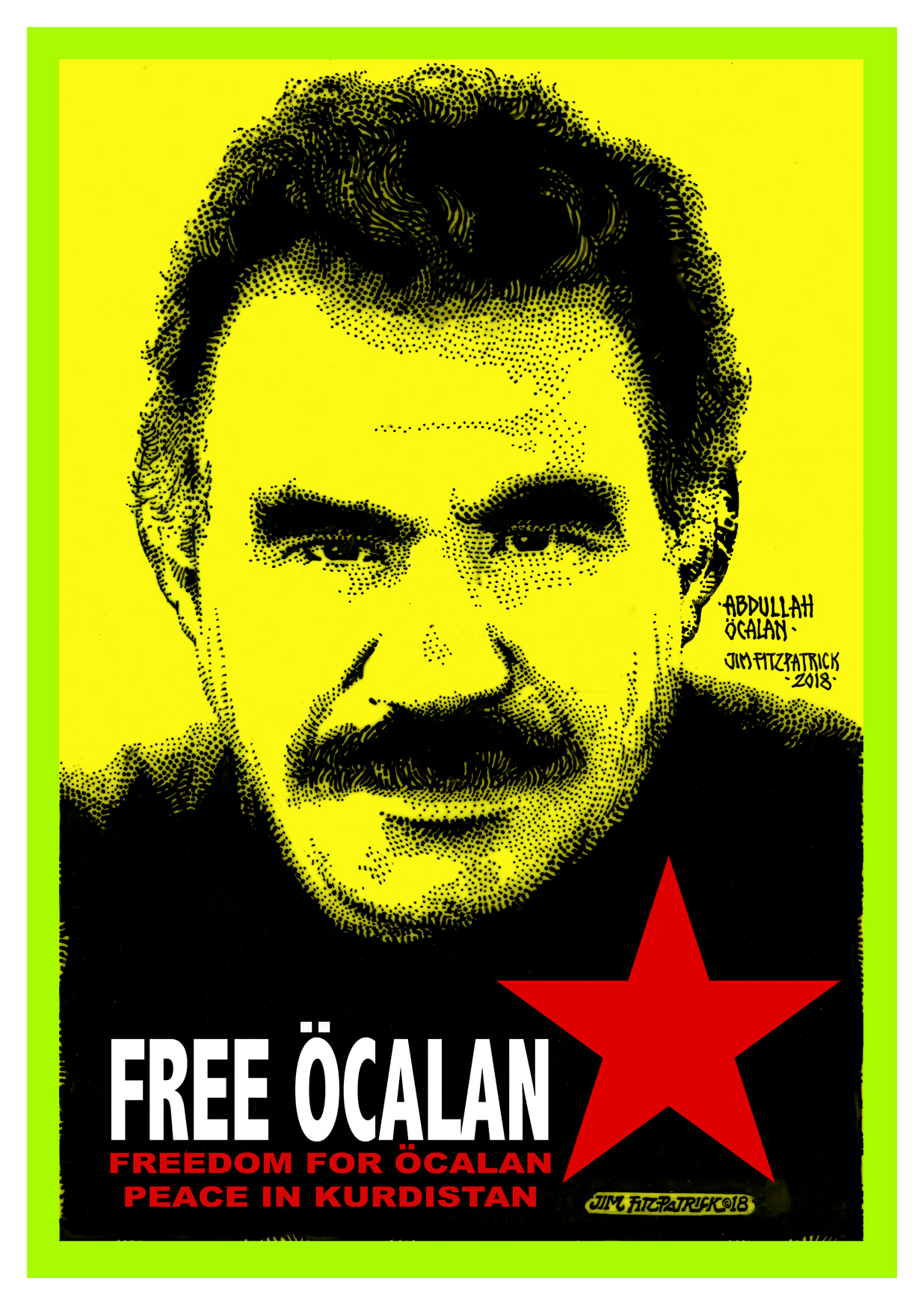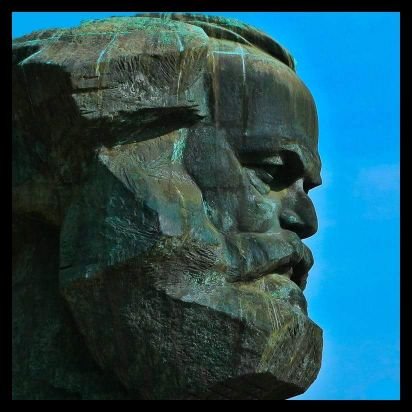«Developing Realistic Philosophy: From Critical Realism to Materialist Dialectics»: Andrew Brown
 Abstract
Abstract
This paper compares the (relatively little known) ‘materialist dialectics’ of E.V. Ilyenkov to the ‘critical realism’ and ‘dialectical critical realism’ of Roy Bhaskar. The latter author specifies an ontology of ‘emergence’ and ‘stratification’. He demonstrates that, not only a critique of postmodernism, but an outflanking of much contemporary Marxist work can be achieved on the basis of such an ontology. For example, the ‘new dialectics’ interpretation of Marx and Hegel (Arthur 1993) remains largely silent on the ‘emergence’ of thought from material body; yet, critical realism shows that a specification of the mind-body relation is of utmost importance. Not despite, but because of its great strength, the paper undertakes an ‘immanent’ critique of the critical realist ontology. Drawing upon Ilyenkov’s interpretation of Spinoza, the paper argues that the critical realist articulation of stratification and emergence collapses into (essentially Humean) scepticism. The underlying reason for this collapse is argued to be the non-identity of thought and being generated by the critical realist theory of mind. On Ilyenkov’s interpretation, Spinoza’s articulation of mind and body sustains the materialist identity, as well the opposition, of thought and being. Through this identity-of-opposites, the notions of ‘stratification’ and ‘emergence’ are preserved but raised to a new conceptual level. Ilyenkov’s novel interpretation of Spinoza has far reaching implications. These are illustrated via a brief re-examination of the Marx-Hegel relation.
Developing Realistic Philosophy: From Critical Realism to Materialist Dialectics
(1) Introduction
Scepticism and relativism, in the form which will generically be referred to as ‘postmodernism’ below, dominate much of contemporary academia. Both a basic scepticism as to the possibility of knowledge and a milder scepticism as to the possibility of any ‘grand theory’ of the ‘modernist’ type, such as Marxism, is common within the arts, humanities and social sciences. A correspondingly relativistic ethics is also prevalent. Critical realism provides one approach towards a critical appreciation of post-modernism. On the critical realist view, postmodernism is correct to embrace diversity and to recognise the theory-ladeness of observation. Yet, according to critical realist tenets, post-modernism fails to recognise that a mind-independent reality (fallibly knowable) is a necessary presupposition of observation. Indeed, according to critical realism any human act presupposes a reality independent both of concepts and of the senses.
Having established the necessity to base philosophy, against post-modernism, upon a firm conception of the mutual irreducibility of subject and object, critical realism claims to overcome all conceptual problems, such as that of scepticism, engendered by that distinction. To make good this claim, critical realism is led to specify, in contradistinction to any reductionist ontology, an ontology of ‘emergence’ and ‘stratification’. Critical realism demonstrates that, not only a critique of post-modernism, but an outflanking of much contemporary Marxist work can be achieved on the basis of such an ontology. To take one example, the recent growth of a ‘new dialectics’ interpretation of Marx and Hegel remains largely silent on the ‘emergence’ of thought from material body,1 yet critical realism shows that a specification of the mind-body relation is of utmost importance (see Bhaskar’s comments on Tony Smith in Bhaskar 1993 [Henceforth Dialectic], p. 184 and p. 245). Despite these great strengths of critical realism (or even because of them) the bulk of this paper undertakes an ‘immanent’ critique of the critical realist ontology.
The critique has a negative and a positive aspect. On the negative side, the paper develops the critical realist articulation of emergence and stratification into a flat contradiction. The critical realist emergence theory of mind is shown to be untenable given the fluidity and generality of human action; more generally, the critical realist notion of stratification is shown, as a result of the ‘non-identity’ of thought and being generated by the flawed theory of mind, to lead to (essentially Humean) scepticism. On the positive side, the basic contradiction of critical realism is overcome: a materialist theory of the identity, as well as the opposition, of thought and being is presented; based on this theory the notions of emergence and stratification are preserved but on a new and higher level than critical realism (this is a fundamental development, ‘supersession’ or ‘transcendence’ of critical realism).
The materialist and dialectical philosophy that emerges as the positive aspect of the critique (and that inspires the negative aspect) is not well known. Though a ‘materialism’, thephilosophy does not embrace the reductionist identity theory of mind labelled ‘materialism’ and adopted by mainstream philosophy (see Searle 1992, Burns 2000 and Bhaskar 1989, ch. 3). Though a ‘materialist dialectics’, the philosophy has nothing to do with, indeed is utterly hostile towards, the Stalinist orthodox philosophy which served to give the term ‘dialectical materialism’ a very bad name. Instead, both the negative and positive aspects of the critique stem from the ‘materialist dialectics’ developed by the Soviet philosopher E.V. Ilyenkov. In particular, the paper draws heavily upon Ilyenkov’s interpretation of Spinoza as providing the abstract foundation of materialist dialectics (Ilyenkov 1977, Essays 1 and 2). Ilyenkov’s ideas are little known because he draws upon distinct and isolated debates amongst post-war East European philosophers; debates that flourished under the temporarily relaxed regime of Kruschev, only to be choked when orthodoxy reasserted its rule (Bakhurst 1991; Pilling 1980; Banaji 1979).
The paper is ordered as follows. Section 2 presents and critiques critical realism and dialectical critical realism. Section 3 demonstrates how Ilyenkov’s interpretation of Spinoza can be presented as a transcendence of critical realism and dialectical critical realism. The section goes on to indicate briefly the novel conception of the Marx-Hegel relation sustained by this transcendence. Section 4 concludes.
Developing Realistic Philosophy: From Critical Realism to Materialist Dialectics


























